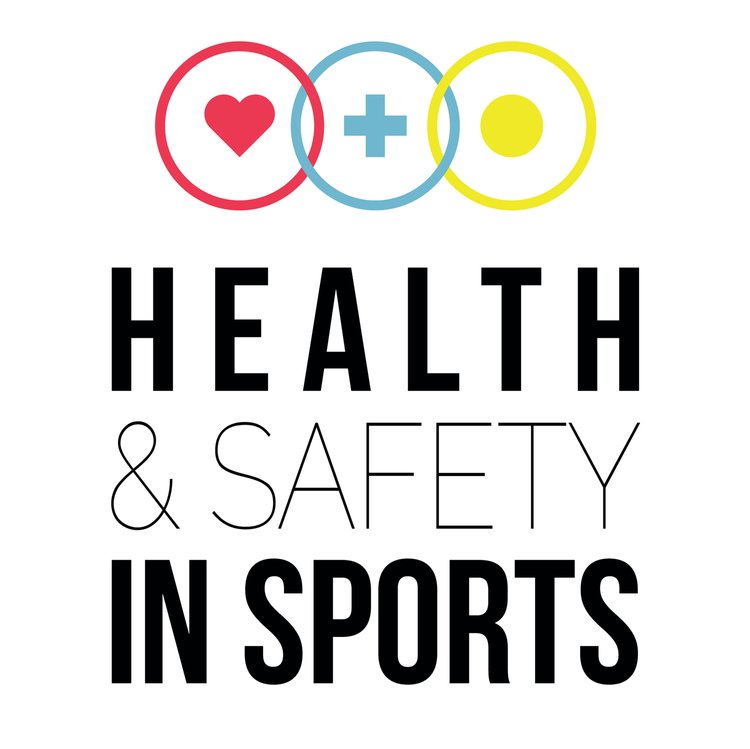In the past two decades, there has been a revolution in literature relating to the epidemiology, aetiology, early recognition, prevention, diagnosis and treatment of sports-related concussion. This research has resulted in the publication of five international concussion in sport consensus statements. Together with our Swiss colleagues - we asked whether those recommendations impact on pitch-side rulings and contribute to the real-life management of sports related concussions?
To better understand alpine ski racing athletes’ perceptions, beliefs and experiences of concussion, we conducted a qualitative interview study with 11 participants. These 11 participants were representatives from a world-leading ski association comprising 88 athletes.
Major shortfalls in alpine ski racing athletes’ understanding of sports related concussions were identified in the areas of (1) the definition of concussion, (2) affective symptoms, (3) diagnostic tools and (4) indicators of recovery. Specifically, athletes identified differing definitions and grading scales of sports related concussions as challenges in the early recognition and its differentiation from other forms of head injuries.
This knowledge gap potentially undermines the reporting of concussion symptoms and may constitute higher rates of premature return-to-play following sports related concussion. Consequently, it is apparent that both further/alternative educational efforts and a greater focus on the distribution of prevention recommendations are required to ensure the safe management of sports related concussions.
The full article can be accessed here (paid access)
Maxwell N, Redhead L, Verhagen E, Spörri J. Ski racers’ understanding of sports-related concussion and its management: are contemporary findings and clinical recommendations reaching the target audience, the racers themselves? British Journal of Sports Medicine Published Online First: 26 March 2020. doi: 10.1136/bjsports-2019-101544

